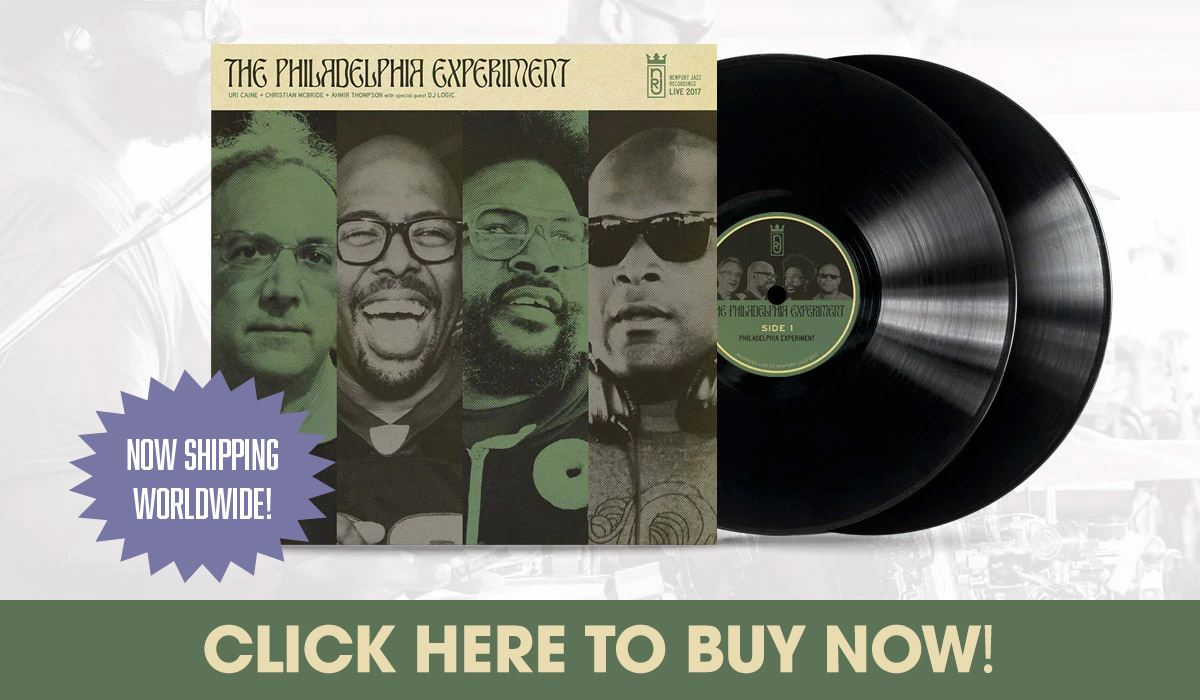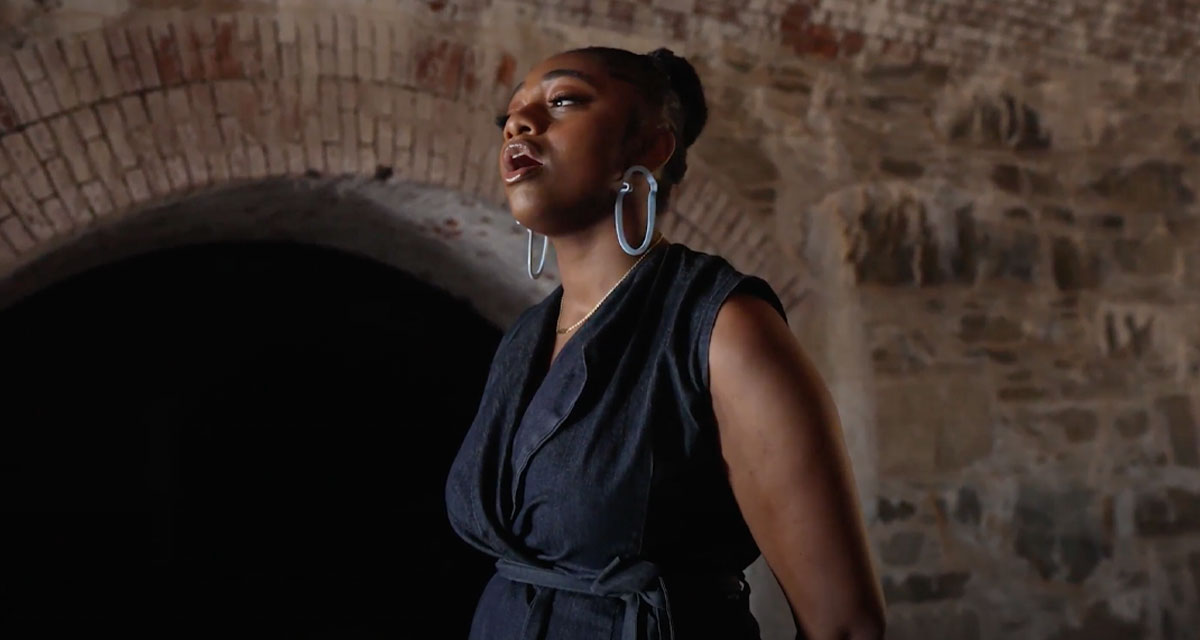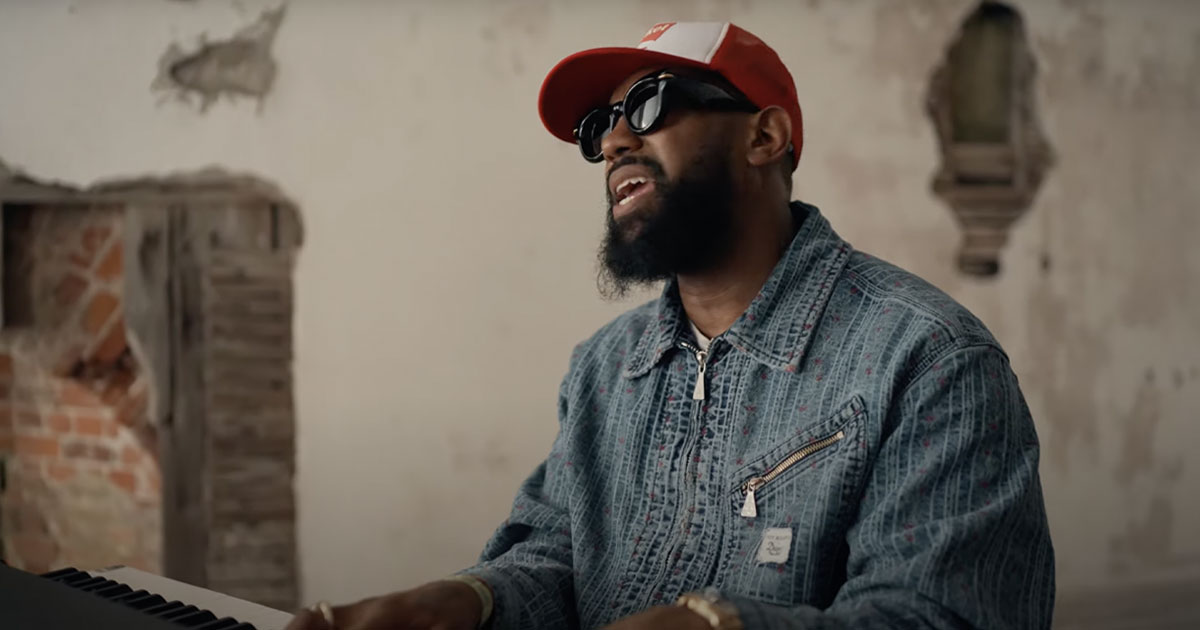
The Story of The Philadelphia Experiment
by Christian McBride, Uri Caine, & Ahmir Thompson
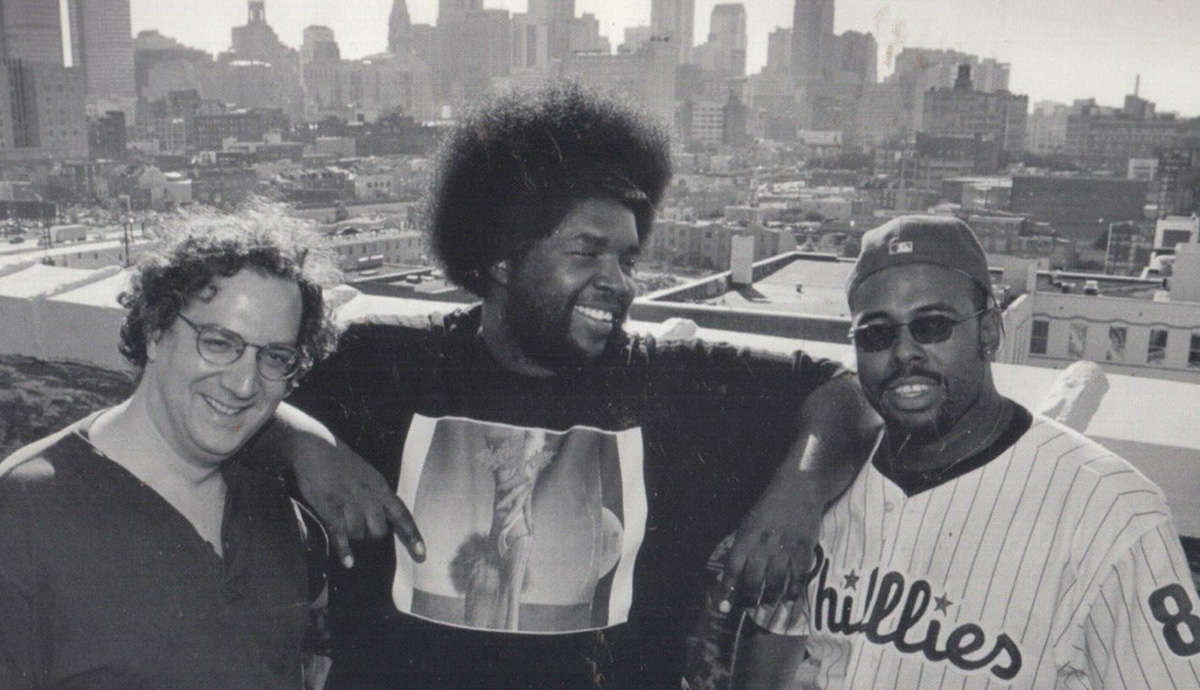
Before there was The Philadelphia Experiment Live At Newport Jazz (2017), there was the album that inspired it: The Philadelphia Experiment (2001), the collaborative project by Christian McBride, Uri Caine, and Ahmir “Questlove” Thompson. This is the story of how it all came to be and, 17 years later, made its way to Newport.
Uri Caine: We recorded The Philadelphia Experiment 24 years ago? Time is flying too fast…
Christian McBride: The eighties and nineties were a wonderful period for acoustic, straight-ahead jazz. For the first time since maybe the 50s, the layperson was interested in jazz again thanks to the meteoric rise of Wynton and Branford Marsalis, paving the way for a generation of jazz artists like myself. In the mid-90’s, R&B and Soul had its own renaissance. The Roots made hip-hop artistry in the landscape of gangsta rap, which dominated that era.
Ahmir Thompson: At the time, I was busy, and then some. I had just finished a mammoth nine-month tour with D’Angelo for Voodoo. When I committed to it, I was stepping away from The Roots, at least for a little while. Tariq was making a movie. It seemed like a great time to take a year off, in a sense.
Then the unexpected happened: The Roots won a Grammy for “You Got Me,” and all of a sudden there was an opportunity to capitalize on the award. I decided to do both (The Roots & D’Angelo), but I had already agreed to do a third thing, a jazz project with Christian McBride on bass and Uri Caine on keyboards.
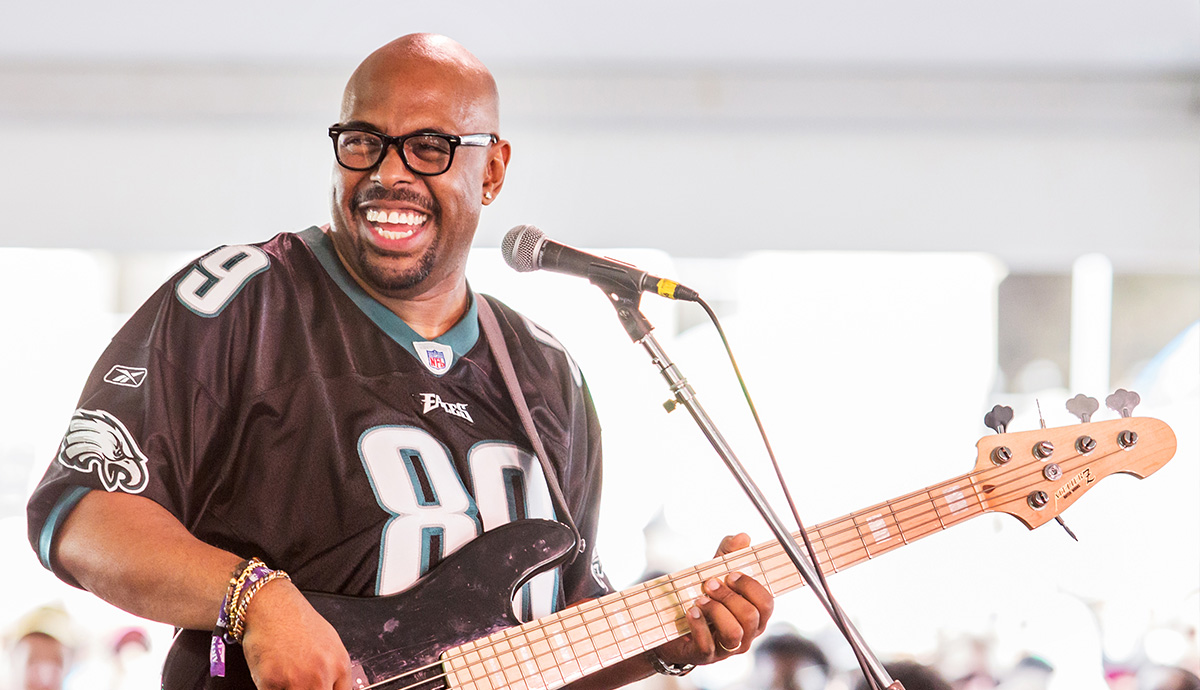
Photo by Jacqueline Marque
CM: When I was coming up on the scene in Philly as a teenager, Uri was one of the most omnipresent musicians in town. He often drove me to and from our various gigs. I got to know him well, and until this very day, he’s been one of the kindest, warmest, most knowledgeable human beings on the planet.
UC: I had done some playing with Pat Martino and much more with John Swana. I knew Larry Gold, who also wrote music for public TV and we would record things like “The Letter C” and “Little Super Guy” on Sesame Street. And I met Christian playing with Joe Sudler.
CM: I got a phone call from a former classmate, Aaron Levenson. I had no idea that he’d become a record producer. “How’d you like to make a record with your homies Ahmir and Uri?” Needless to say, I said yes. This really was going to be a multi-generational Philly all-star band. However, when people drop Ahmir’s name on me, I almost never take them seriously, as I know he’s one of the hardest people in the world to nail down for projects that aren’t his own.
AT: I tried to back out. “Guys,” I said, “I really don’t have the time.” They said not to worry, that they would do all the heavy lifting, and even work around my schedule. I still balked a bit. I had some insecurity. Voodoo had reshaped the way I drummed, and had moved me toward a minimalist style. In my mind, I was questioning whether I was still capable of drumming at that level. Put me with these jazz mavericks, what if I sounded like a drunken four-year-old?
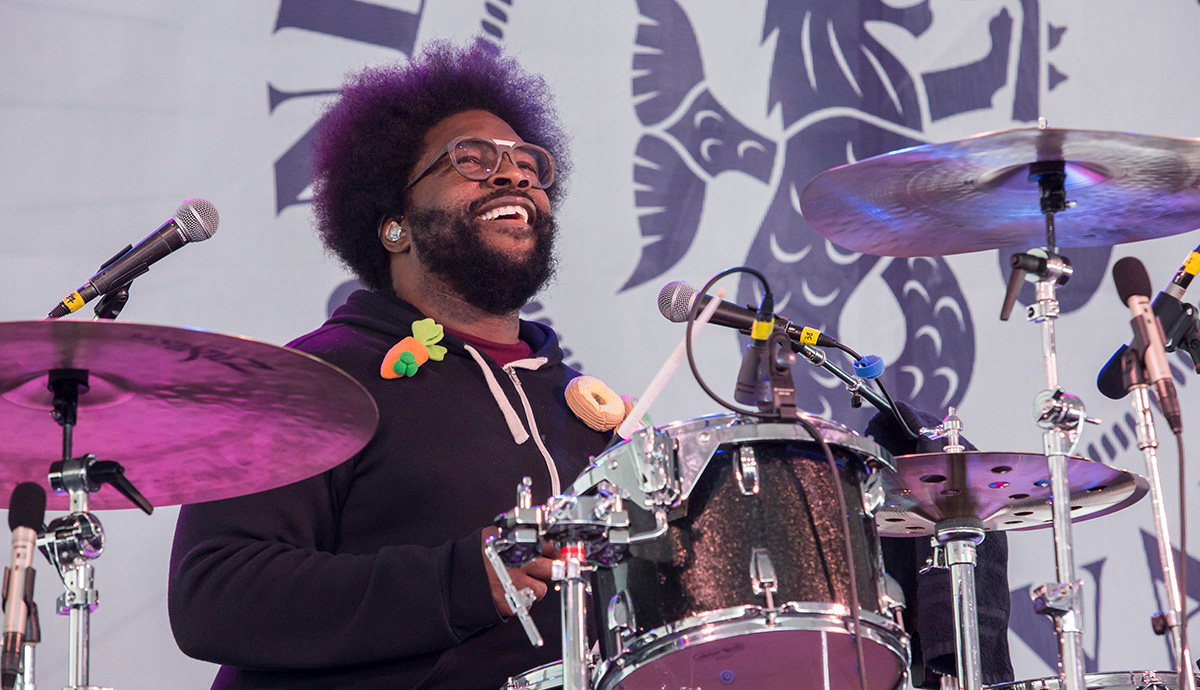
Photo by Ayano Hisa
CM: Much to my shock, Aaron was indeed able to secure Ahmir for three days and nights in The Studio on 7th and Callowhill. Jon Smeltz was the engineer.
UC: The recording itself spoke to a lot of the personal relationships that I had in Philly. I had opportunities to play with Grover (we even used to play gigs at Graterford and Holmesburg prisons) and the influence Catalyst had on me when we were coming up.
CM: Uri was the de-facto musical director. He brought in what turned out to be the title track, “The Philadelphia Experiment,” “Grover,” “Ain’t It The Truth,” the Sun Ra tune “Call For All Demons,” and the old Catalyst tune “Ile Ife.”
UC: The reference to “(Re)Moved” was personal as my father (who was a civil liberties lawyer) was part of the ACLU team that sued the Philly police for the bombing of 1985, so I heard a lot about that case.
CM: As we all gathered in the studio to set up and get sounds, Ahmir kept getting up to leave. Each time he would leave, he’d be gone for a while.
AT: The Roots tour rehearsals were conducted in a pretty specific manner. We would rehearse for an hour and fifteen minutes, take a half-hour break, then do it again, noon to nine at night. During these half-hour breaks, I would make a one-block run down to The Studio. I would go straight to the drum set. They would play twelve seconds of whatever idea they were working on. I’d ask a few questions and then we would knock it out. After six minutes of playing, I would look at their faces. “Is that good enough?” I would say. I was really asking if I was good enough. They assured me it was. “Great,” I would say, “See you in a few hours.” And back I would go to tour rehearsal.
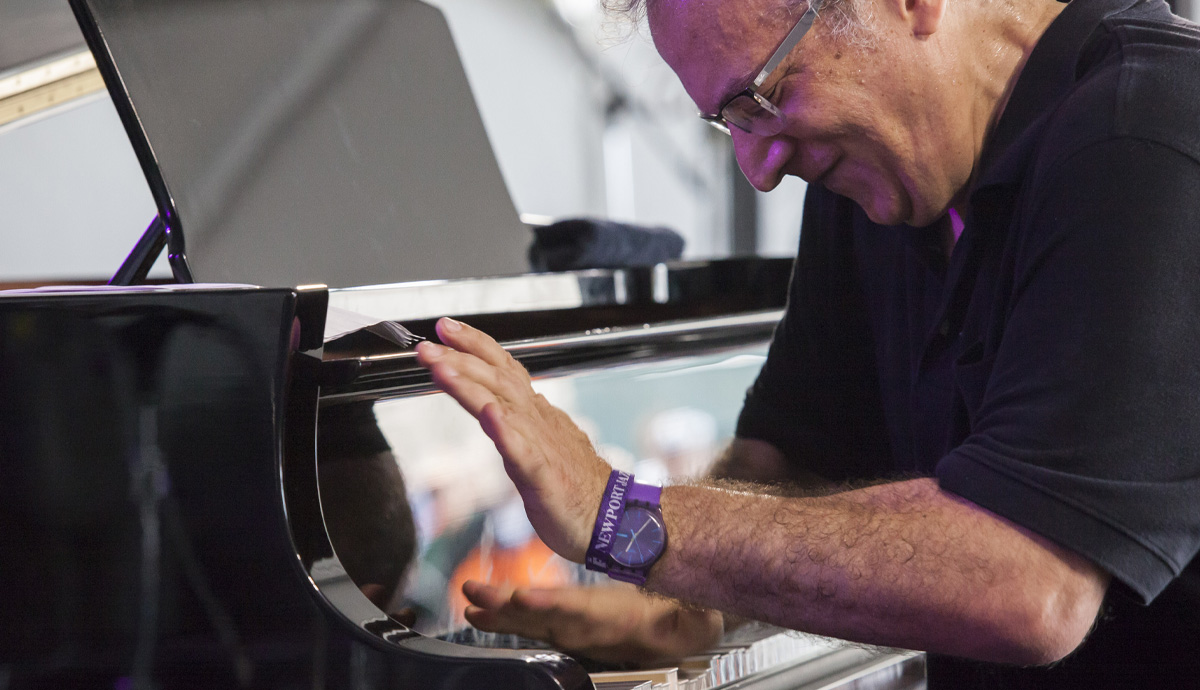
Photo by Ayano Hisa
AT: As it turned out, working that way was liberating. I didn’t have to calculate a certain breakbeat style, like I did for the Roots, or the D’Angelo minimalist style I had developed over the five years of Voodoo. I could go back to drumming like I was in my basement in West Philly growing up, learning to play like Steve Ferrone or Jabo Starks. I was free to be me, or at least an earlier version of me. In Philly, the Sixers have a longtime slogan: Trust the Process. This process, catch-as-catch-can, forced into the spaces of other things, taught me to trust myself.
CM: With Aaron and Andy Hurwitz’s brilliant editing, production and vision, The Philadelphia Experiment, recorded in September of 2000, was released in June of 2001. When the album was released, the priority was to figure out how we would ever play live together. We were able to secure a few shows and then we all went our separate ways, vowing to come together again at some point.
UC: Even though we only played a few live gigs, they have been a blast.
CM: For a group like The Philadelphia Experiment, we HAD to play Newport Jazz. Special moments always happen at Newport, and we couldn’t wait to play there. It meant the world to us. It also seemed only right that when we played there, we had to record. We couldn’t wait to add to the canon of albums that have been made there over the then-63-year history of the festival. When you listen to my bass solo on “Call For All Demons”, you’ll notice a random moment of intense laughter from me and Questlove. Turns out, we both made a musical reference to an album we both loved at the exact same time. A special moment, indeed. Only at Newport.
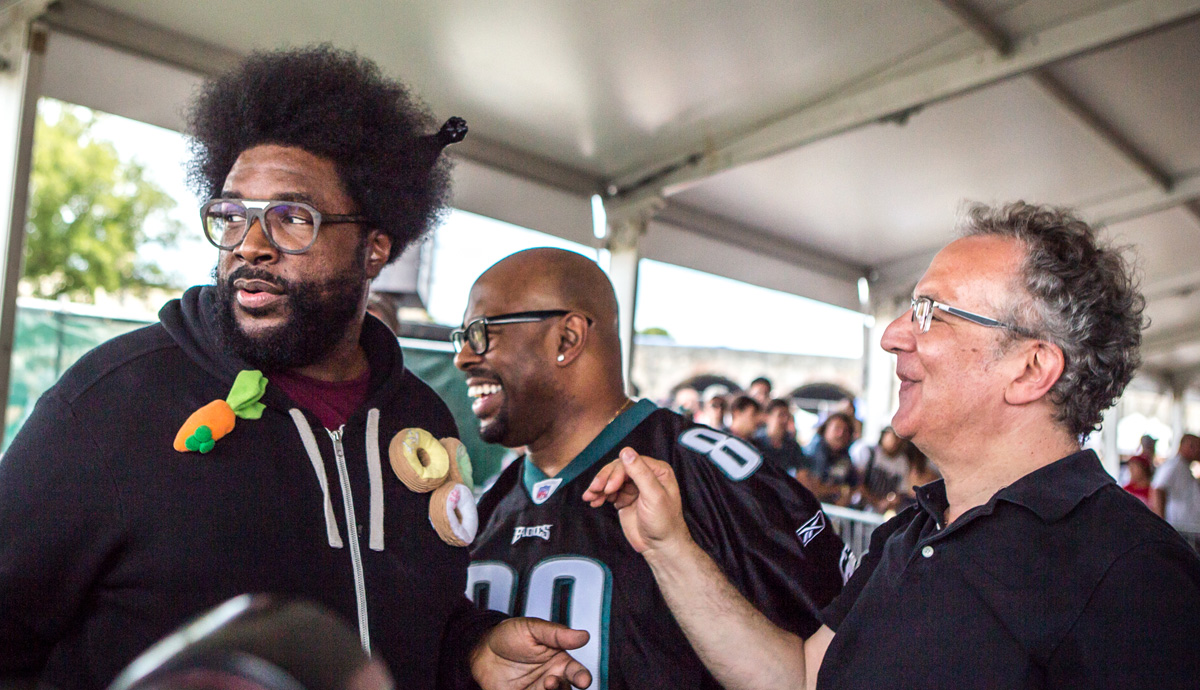
Photo by Jacqueline Marque
Seventeen years after recording, Ahmir, Uri, and Christian reunited, with the help of their friend DJ Logic, at the 2017 Newport Jazz Festival. They brought the Brotherly Love of Philly to the seaside city to celebrate this collaborative project, The Philadelphia Experiment Live at Newport Jazz (2017).


